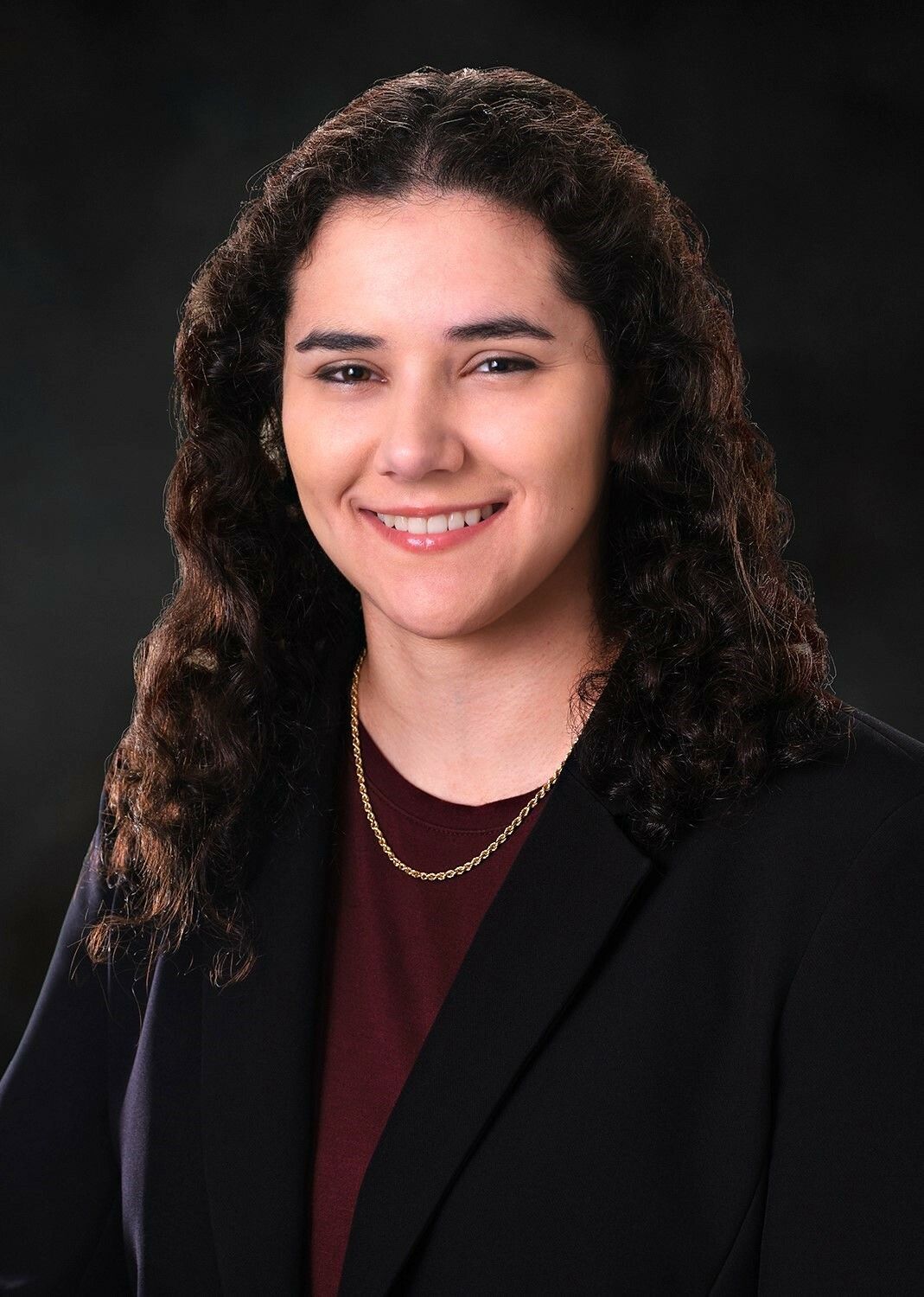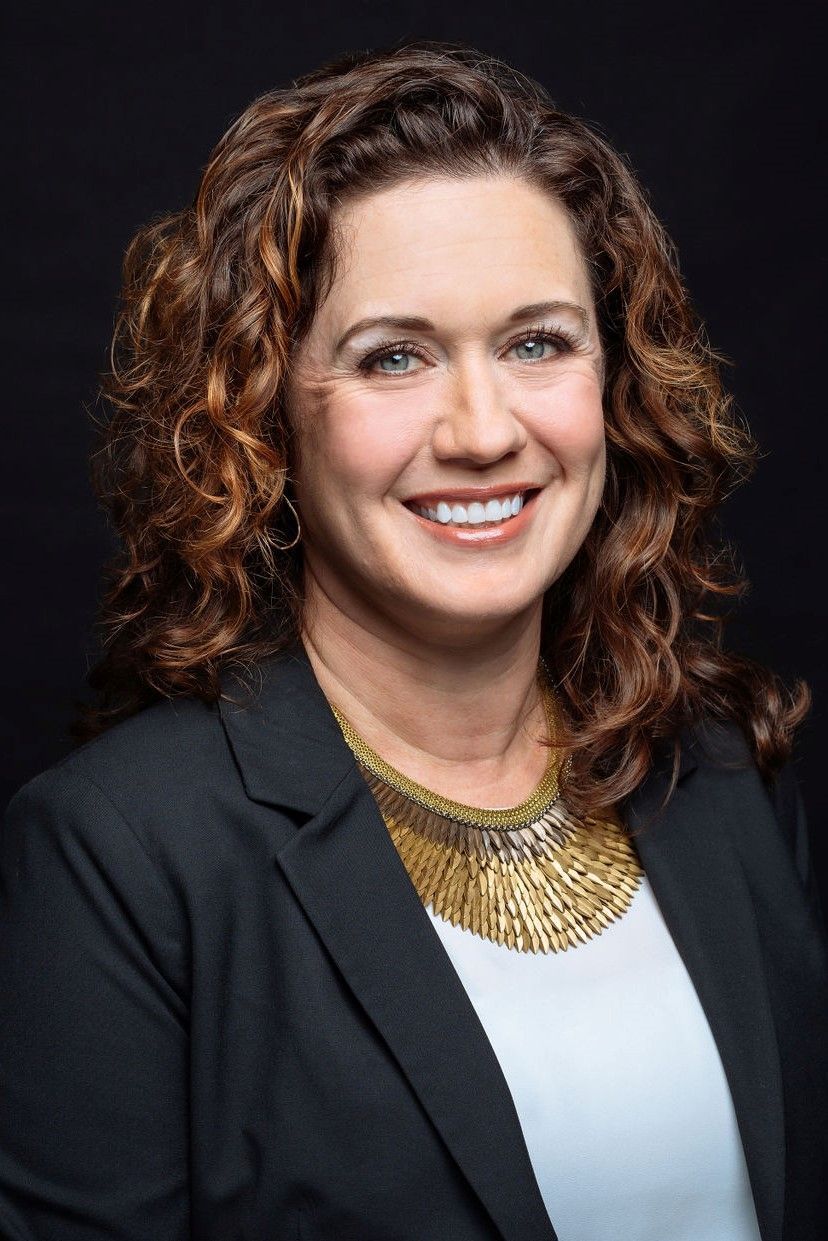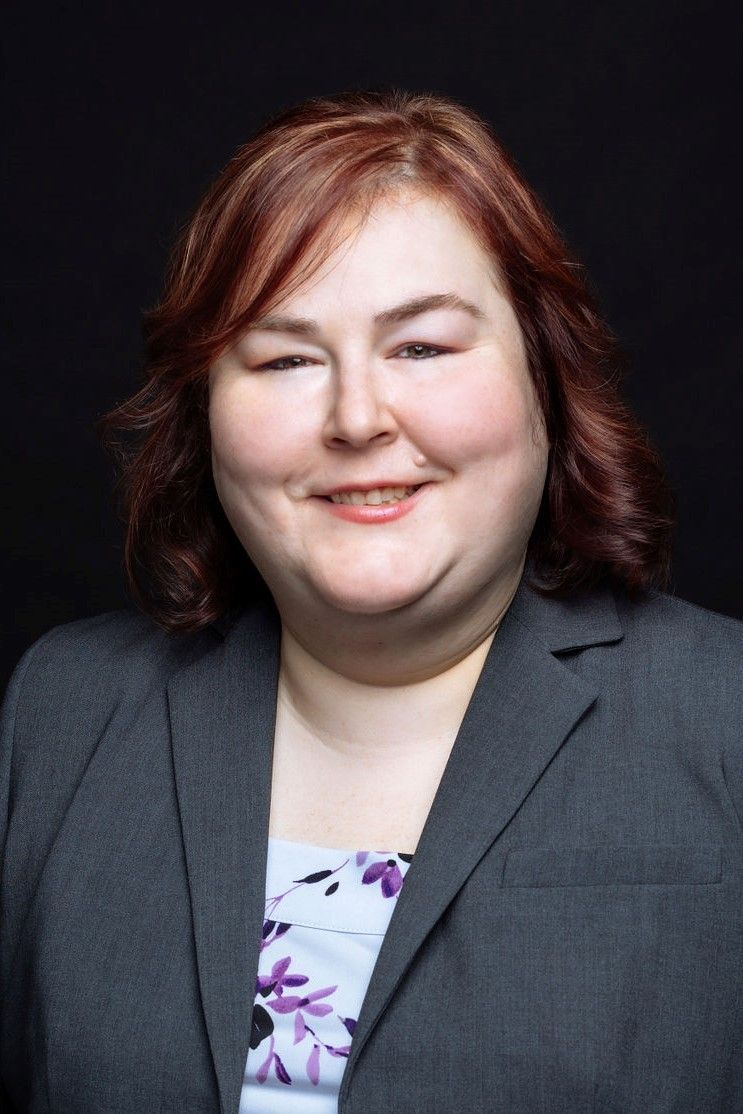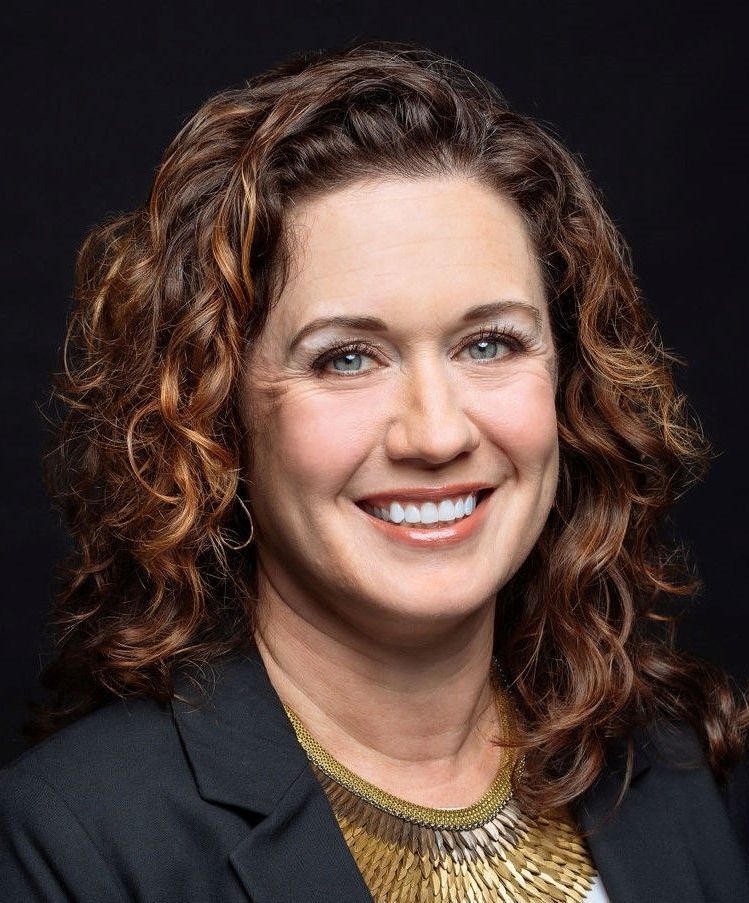Se Habla Español. Para asistencia en Español por favor llame a 423.752.0572
Call Us (423) 756-8400
STEP AWAY FROM THE COMPUTER - SOCIAL MEDIA IN LITIGATION
STEP AWAY FROM THE COMPUTER - SOCIAL MEDIA IN LITIGATION

In today's information age, it is not new advice that content posted on Facebook, YouTube, Twitter, Linkedin and other online forums is generally open to the world to see. In an October, 2012 blog post, Facebook claimed to have one billion users. Postings on these social media websites, many of which are updated on a daily if not hourly basis, are a modern, electronic form of communication in a highly public forum. Social media is proving to be a hot source for evidence in litigation. When these communications become relevant in litigation, they are, to the consternation of users, discoverable regardless of the privacy policy of the social media website. Even more importantly, these communications are discoverable even though the user or poster believed that the posting would be confined to the private social media page or account. These postings contain a wealth of personal information, and litigators can use these resources to find evidence helpful to prosecute or defend a claim, to impeach a witness, or even to assist in the selection of a juror.
To harvest potentially useful information, it is now common practice for trial lawyers to conduct online research relative to opposing parties, experts, third-party witnesses, and even jurors. Information posted and exchanged on various social media websites has become relevant in family law, personal injury, employment matters, business torts, and criminal law. Courts can and will issue discovery orders compelling a party to a lawsuit to grant an opposing party access to his or her Facebook page or other social media account. In an Ohio family law case1, a divorcing couple was contesting custody of their daughter. During the proceedings, the husband's counsel found the wife's online blogs in which she admitted to using illegal drugs, practicing sadomasochism, that she was on a break from using drugs but she planned to use them in the future and would do so while the child was asleep in her home. Not surprisingly, the court found that the wife's lifestyle was not in the best interests of the child and awarded full custody to the husband. In a Texas case, a court refused to award custody of the parties' two children to the father after he posted "I don't want kids" on his MySpace page two weeks before trial.2 A court granted summary judgment to an employer after the plaintiff sued her former employer for alleged sexual harassment, religious discrimination, and retaliation after being fired for threatening violence toward her co-works and generally inappropriate behavior. On her MySpace page, she posted "...I thank GOD 4 pot 2 calm down my frustrations and worries or else I will go beserk [sic] and shoot everyone..." The court granted the employer summary judgment as the employee authenticated the legitimate nondiscriminatory reasons for her termination.3
In addition, clients should be aware that with increasing frequency, courts are reluctant to recognize privacy rights when an individual posts his or her thoughts in a public forum.4 The New York Supreme Court ordered a plaintiff to grant the defendant access to current and historical Facebook and MySpace pages on the grounds that information on her pages was inconsistent with her personal injury claims, specifically with regard to the extent of her injuries and her claim for loss of enjoyment of life. In support of their motion, the defendant's counsel produced pages from the plaintiff's pubic profiles showing pictures of an active lifestyle, as well as photographs of the plaintiff traveling and outside of her home when she claimed to have been bedridden.5 Courts are also getting creative in situations involving the evaluation of online information. In Barnes v. CUS Nashville, LLC6, the plaintiffs opposed the defendant's attempts to view their Facebook accounts. In resolving the dispute, the magistrate judge for the United States District Court for the Middle District of Tennessee ordered the plaintiffs to "friend" the judge for the sole purpose of allowing the judge to review the plaintiffs' pages and determine the possible relevance to the case.
Depending on the nature of a party's case or claims and a party's use of social media, it may be advisable for a party to stop using their social media accounts once litigation begins. Attorneys and clients, however, must take extreme care not to clean up or delete an account but to preserve and maintain social media websites. Deleting an online account can result in severe sanctions including, but not limited to, a monetary award and even the dismissal of all or a portion of a party's claims.7
Social media can be both a client and litigator's dream and nightmare. These social media forums can yield extremely helpful information on one hand and on the other, can destroy a party's credibility and case. Clients and their counsel cannot afford to ignore the possible impact of social media in litigation. What you say and post on Facebook, MySpace, or Twitter can and will be held against you in court.
This blog is not intended to create an attorney/client relationship or provide legal advice. Please contact the author if you have any questions or comments regarding the subject matter.
1 Dexter v. Dexter, No. 2006-P-0051, 2007 WL 1532084 (Ohio App. Div. May 25, 2007)
2 In re T.T., 228 S.W.3d 312, 322 (Tex. App. Div. 2007).
3 Mai-Trang Thi Nguyen v. Starbucks Coffee Corp., Nos. CV 08-3354 CRB, CV-09-0047, 2009 WL 4730899 (N.D. Cal. Dec. 7, 2009).
4 Largent v. Reed, 2011 WL 5632688 (Pa.Com.Pl. Nov. 8, 2011) (granting full access to plaintiff's Facebook page when there were public photographs contradicting plaintiff's previous statements.)
5 Romano v. Steelcase Inc., 907 NY.S.2d 650 (N.Y. Sup. Ct. 2010).
6 No. 3:09-cv-00764, 2010 WL 2265668 (M.D. Tenn. June 3, 2010)
7 Lester v. Allied Concrete Company, 80 Va. Cir. 454 (2010).


Business Hours
- Mon - Thu
- -
- Friday
- -
- Sat - Sun
- Closed
All Rights Reserved | Grant Konvalinka & Harrison, P.C | Powered By Flypaper | Privacy Policy






